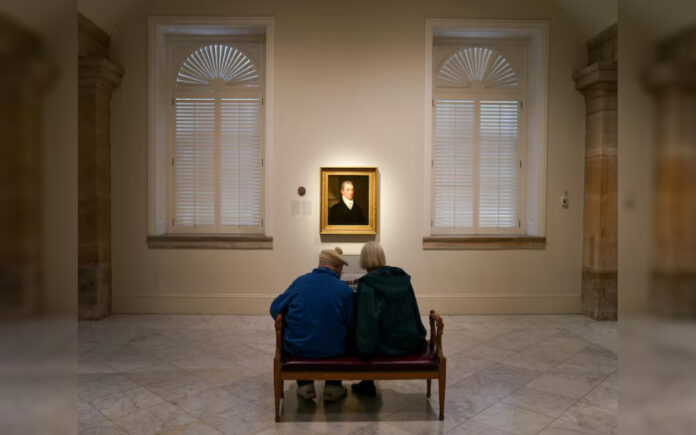Washington: Kim Sajet, the director of the Smithsonian’s National Portrait Gallery in Washington, D.C., announced her resignation on Friday, just two weeks after former President Donald Trump criticized her for supporting diversity, equity, and inclusion (DEI) initiatives.
Why It Matters
Trump declared on May 30 that he had fired Sajet, labeling her as partisan and unsuitable for her position due to her alignment with DEI values. However, it remains unclear whether Trump held the authority to remove her, as the Smithsonian Institution operates independently of the federal government—even though it receives the majority of its funding from Congress.
In response to Trump’s claim, the Smithsonian issued a statement reinforcing its autonomy: “All personnel decisions are made by and subject to the direction of the secretary, with oversight by the board.”
Trump’s criticisms were part of a broader campaign against DEI efforts across U.S. institutions. In March, he signed an executive order accusing the Smithsonian of promoting “anti-American ideology.”
Official Statements
“This was not an easy decision, but I believe it is the right one,” Sajet said in her statement. “Today, I believe that stepping aside is the best way to serve the institution.”
Smithsonian Institution Secretary Lonnie Bunch acknowledged Sajet’s difficult decision, stating: “I know this was not an easy decision.” He praised her commitment, noting that she “put the needs of the Institution above her own.”
Background and Context
Kim Sajet made history as the first woman to serve as director of the National Portrait Gallery, a flagship cultural institution that showcases over 26,000 works, including portraits of every U.S. president. Under her leadership, the gallery expanded its representation of historically marginalized communities and aimed to reflect the evolving narrative of American identity.
Her departure comes amid heightened political scrutiny of DEI practices, which Trump and his allies have framed as discriminatory toward white men and other majority groups. Supporters of DEI, however, argue that such policies are essential for addressing systemic inequities affecting minorities, women, and the LGBTQ+ community.
As Sajet prepares to exit, her legacy includes efforts to modernize and diversify the Portrait Gallery’s collection—an approach that drew both praise and political ire.



